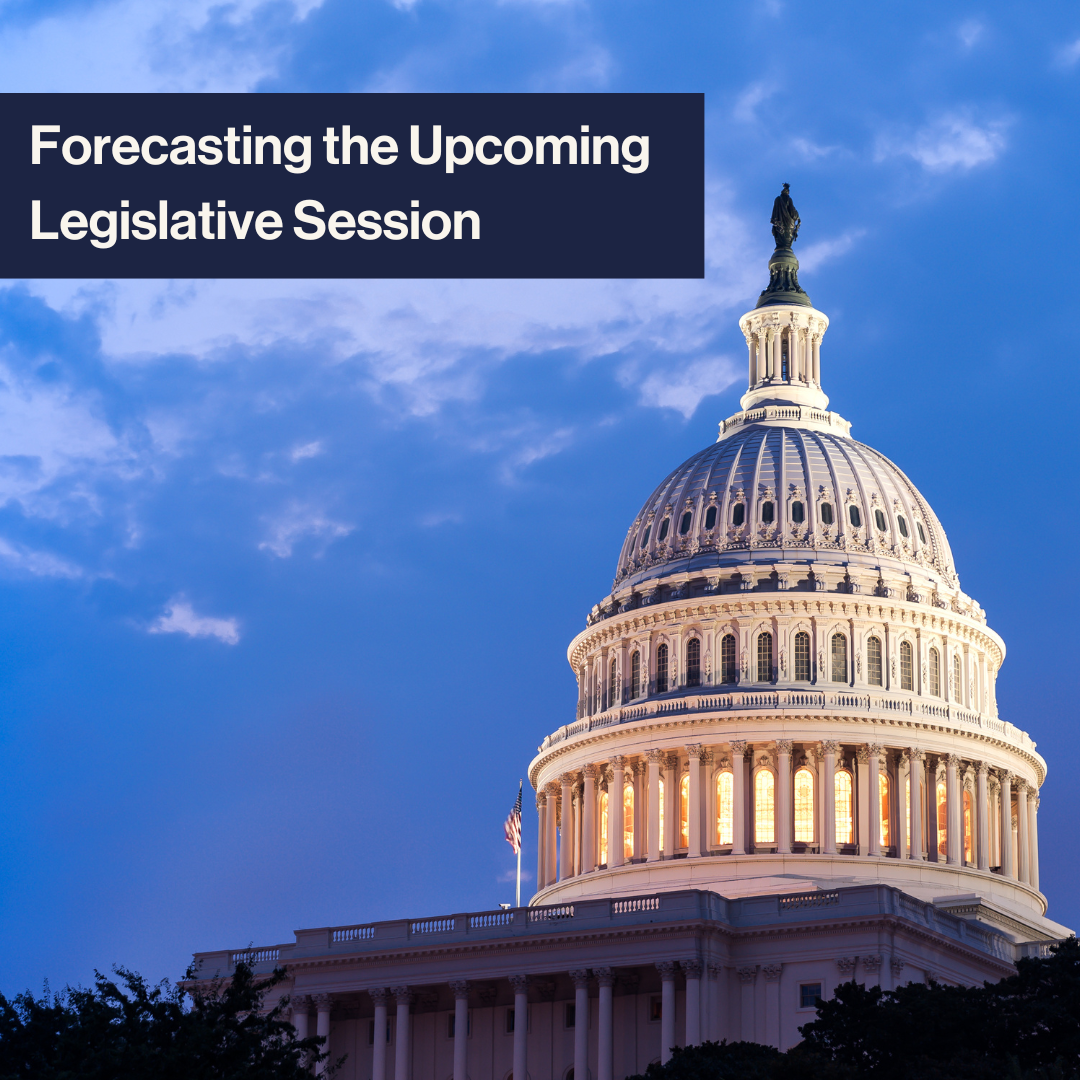Leveraging a Lame-Duck Session
As the Infusion Access Foundation looks ahead to 2025, the changing political landscape following the election will likely bring both opportunities and challenges for infusion patients. Rest assured that the Infusion Access Foundation will continue to advocate for infusion patients and work with state and federal leadership to support access, equity, and affordability in our healthcare system. But before we welcome a new administration and Congress, current lawmakers still have a few more weeks in office.
On November 12, Congress returned to D.C. for a planned five-week post-election “lame-duck” session, the nickname given to the period between Election Day and the end of the congressional term. Lame-duck sessions can present a unique opportunity for bipartisan cooperation, a time when non-returning members don’t have to worry about re-election or political dynamics, and a chance for some to leave a lasting legacy. It is also a time for Congress to act on particular “must pass” measures, such as funding the government and avoiding a shutdown before each chamber adjourns in December.
Before legislators returned to their home states in September, they were able to pass a government funding extension, known as a continuing resolution (C.R.), narrowly avoiding a government shutdown. However, the current C.R. expires at midnight on December 20, requiring Congress to act before the deadline to pass either another C.R. or an omnibus appropriations bill to avoid a shutdown again. While we can expect that funding the government, disaster aid, veterans affairs, the National Defense Authorization Act, the farm bill, and judicial nominations will be top priorities during the lame-duck session, there are a few healthcare-related items relevant to infusion patients that may have a chance of passage as well.

Telehealth
If Congress does not act, COVID-era telehealth flexibilities will expire at the end of 2024. House committees have already passed extensions on these flexibilities with strong bipartisan support. The proposal also includes reforms to pharmacy benefit manager provisions that would offset the cost of the extensions and require pharmaceutical rebates to be passed on directly to the patient. The Infusion Access Foundation has signed on to a letter led by the Alliance for Patient Access urging the Senate and House Leadership to take bipartisan action to extend these services to provide continuity of care, access flexibility, bridge healthcare gaps (especially for rural or underserved communities) and increase transparency and accountability among pharmacy benefit managers.

Pharmacy Benefit Manager (PBM) Reform
The 118th Congress had more than 30 bills related to pharmacy benefit managers advancing in congressional committees. The bills ranged from increasing transparency into PBM business practices to delinking PBM compensation from drug prices and proposed bans on spread pricing. However, despite bipartisan support and the number of proposed bills, no federal PBM bills have been enacted thus far. In December 2023, the House successfully passed the Lower Costs, More Transparency Act (H.R. 5378), while the Senate Health, Education, Labor, and Pensions (HELP) and Finance Committees marked up several other PBM reform bills this Congress, potentially positioning them for inclusion in an end-of-year package. Many patient advocacy groups and PhRMA urge lawmakers to use the lame-duck session to pass meaningful PBM reform.

Prior Authorization
When the Infusion Access Foundation met with members of Congress for our annual Hill Day, we emphasized the Improving Seniors’ Timely Access to Care Act (H.R.8487). This bill would streamline and standardize the use of prior authorization by Medicare Advantage plans. The Congressional Budget Office (CBO) presented the bill’s sponsors with a higher-than-expected cost estimate. Following action by the Centers for Medicare and Medicaid Services and amendments to the bill’s language, the bill is no longer expected to increase federal spending. Given that this bill has support from a bipartisan majority in the House and the Senate, we hope the legislation will find its way to passage during lame duck.
Although lawmakers may choose to tackle several other healthcare and non-healthcare-related bills, we are hopeful that it will prioritize patient-focused policies before adjourning in December. The Infusion Access Foundation will continue to advocate for infusion patients during the lame-duck session, regardless of who is in office in the coming months. If you’d like to get more involved in our advocacy efforts, please sign up to receive Infusion Access Foundation Advocacy Alerts here and participate in our grassroots efforts.








